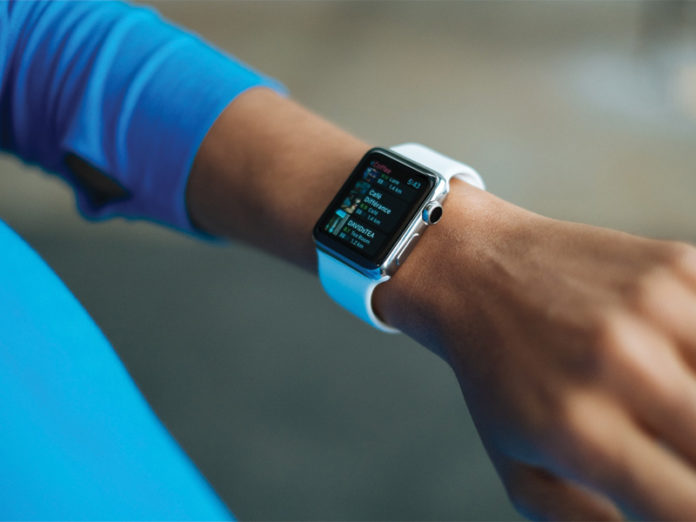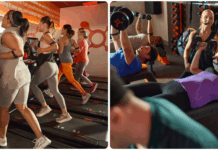
The advent of wearable technology, biological monitoring, and the development of analytical algorithms that provide biometric information is a growing science and consumer industry. Heart rate monitors have been a key part of training for many years and rely on heart rate data to guide training, assess fitness, and now, to monitor recovery. Sleep monitoring has become a new market for wearable technology and many devices now boast that they ‘track sleep’ and provide accurate information about your sleep to help you rest and recover. It is very important to understand the limitations of these devices when assessing sleep.
Heart rate monitoring for training has a rich and scientifically-based history that provides confidence in the information that is derived from heart rate data. However, the ‘sleep tracking’ devices within the wearable monitors do not have the same validity and reliability. Sleep tracking devices are based on movement monitors, called actigraphs, that are in the wearable devices and provide very basic raw data on movement during a resting state. Algorithms have been designed to analyze this data and translate it into information on sleep/wake/rest routines, but not on the actual quality of the sleep state or whether a person has a sleep disorder.
Wearable monitors that promote the idea of evaluating your sleep have to be taken with a ‘grain of salt’ and devices such as cell phones lying on the bed next to you are even less accurate at evaluating anything about the sleep state. What is important when it comes to evaluating your sleep is that if you think you have a problem, you need to see your doctor and get a proper evaluation.
Sleep physicians and sleep laboratories perform gold standard sleep testing using various forms of polysomnography. This is a much more accurate method of evaluating the sleep state. The wearable technology or actigraphy is used only to monitor sleep/wake/rest activity levels and sleep routines, which, in some athletes and patients, is very important information.
More importantly, Dr. Samuels, Medical Director of the Centre for Sleep and Human Performance, suggests that, “tracking your sleep with a sleep diary (https://www.sleepfoundation.org/sites/default/files/inline-files/SleepDiaryv6.pdf) or some form of actigraphy will help you to determine how much sleep you do get and whether you maintain a regular routine. These are key factors to good sleep health. If monitoring your sleep helps you sleep better that is great. But if you have poor sleep, you should see a sleep physician and get professional help.”
For additional referral information, please visit our website www.centreforsleep.com.















